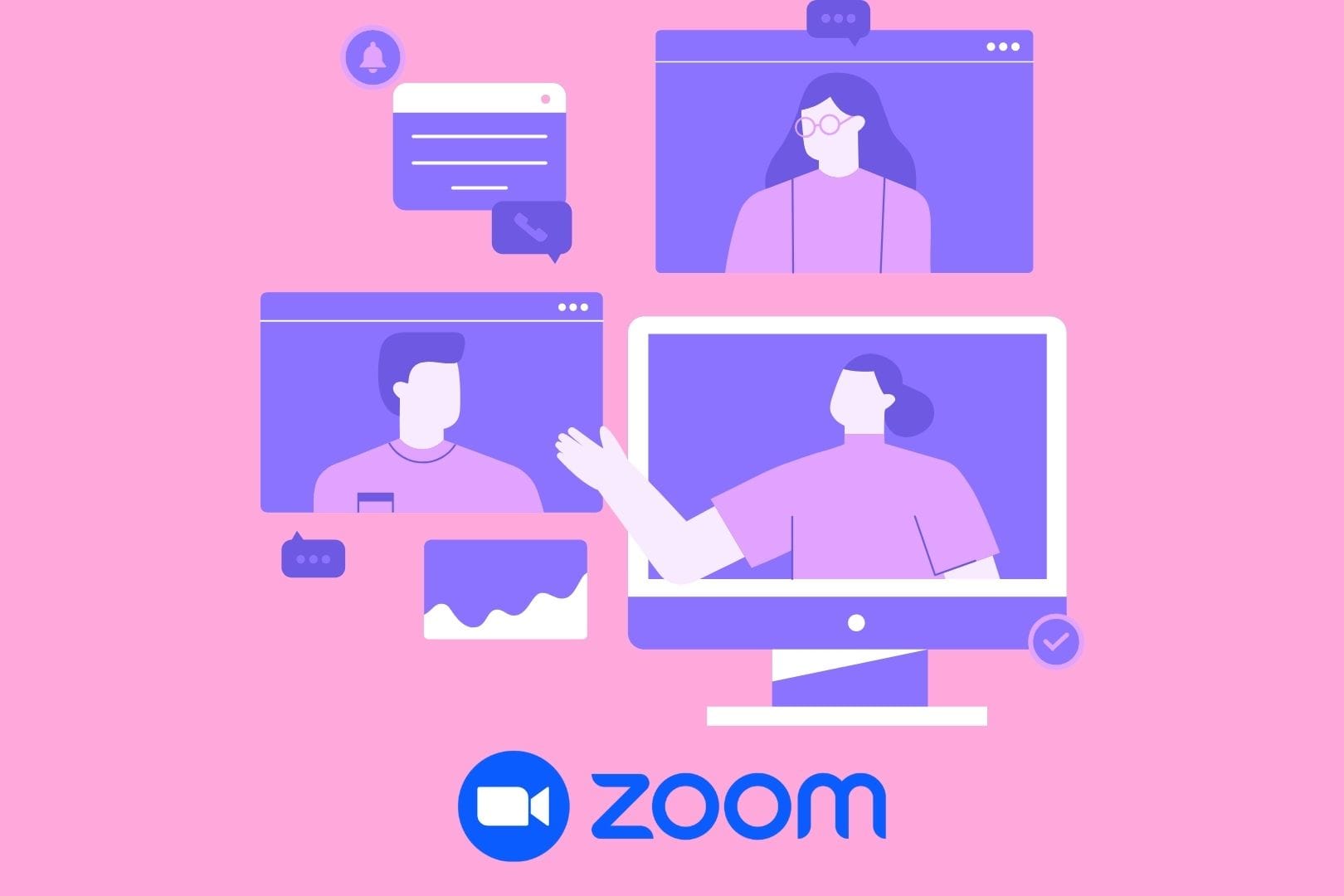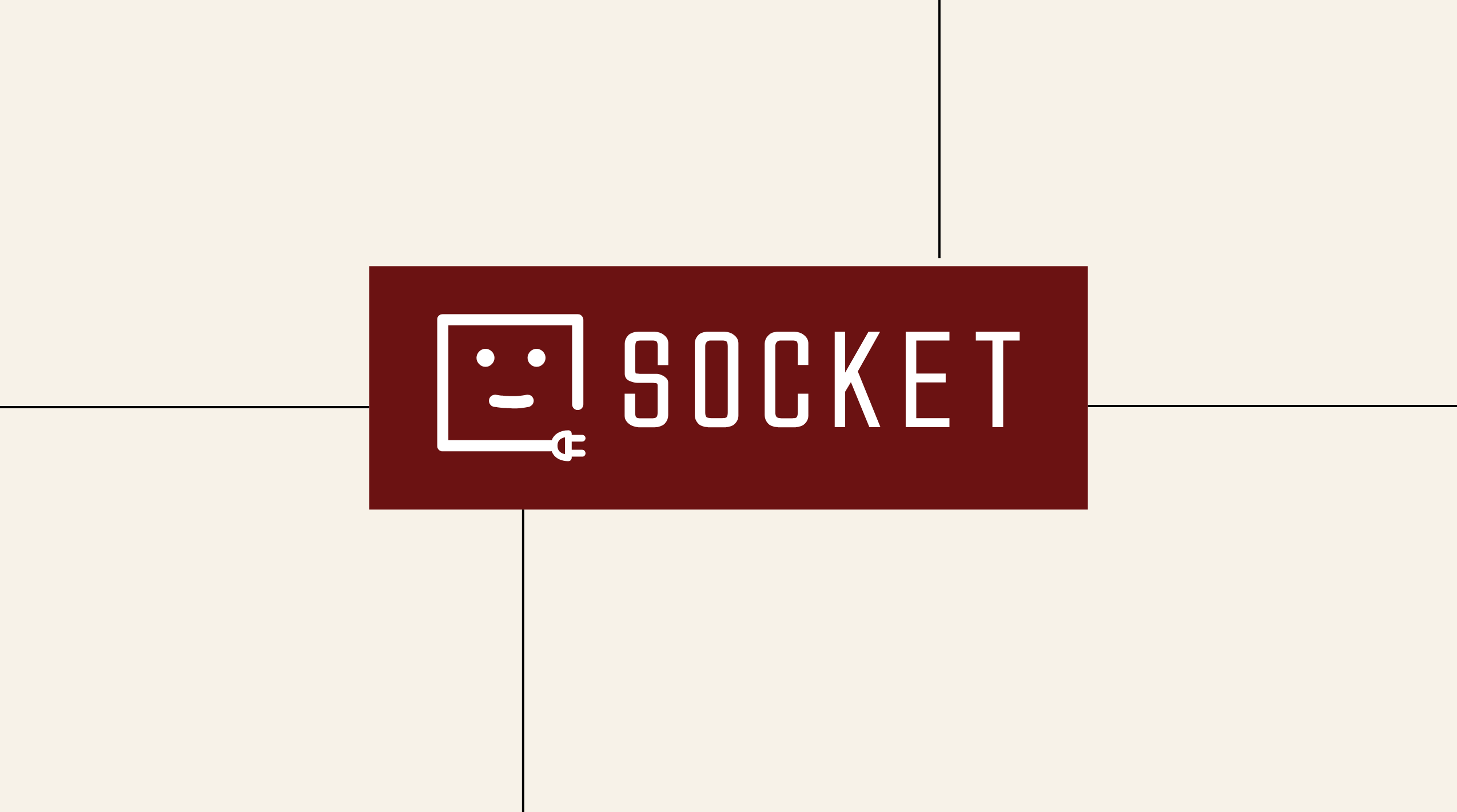Connect Zoom and Google Calendar to Build Intelligent Automations
Choose a Trigger

When this happens...

New Meeting

New Meeting Registrant
Choose an Action
Automatically do this!
Create Calendar
Update Event
List calendar
Get All Event
Get Events by ID
Delete Event
Create Calendar Event Or Meeting
Update Event Attendees
List Availabilities
Create an Access Control Rule
Get an Access Control Rule
List Access Control Rules
Delete an Access Control Rule
Update Calendar
Delete Calendar
Clear Calendar
Ready to use Zoom and Google Calendar automations
Actions and Triggers
When this happensTriggers
A trigger is an event that starts a workflow.
New Meeting
Triggers when a new Zoom meeting is created.
New Meeting Registrant
Triggers when a new registrant is added to a meeting.
New or Updated Event
Trigger when an event is created or updated.
New Event
Trigger when an event is created.
Do thisActions
Action is the task that follows automatically within your Zoom integrations.
Create a Meeting
Creates a meeting for a user
Get a Meeting
Returns the details of the meeting by meeting ID
List Meetings
List all upcoming meetings
Update a Meeting
Updates a meeting details by meeting id
Delete a Meeting
Deletes a meeting
Add a registrant to a meeting
Adds a registrant to a meeting
Know More About Zoom and Google Calendar Integrations

7 Ways To Automate Zoom with viaSocket
Explore 7 innovative methods to automate Zoom with viaSocket. Maximize efficiency and simplify your virtual meetings with our comprehensive guide.

How viaSocket Works | A Complete Guide
Gain insights into how viaSocket functions through our detailed guide. Understand its key features and benefits to maximize your experience and efficiency.

5 Simple Automation Hacks to Make Your Team Free
Unlock your team's potential with 5 straightforward automation hacks designed to streamline processes and free up valuable time for more important work.
Frequently Asked Questions
To start, connect both your Zoom and Google Calendar accounts to viaSocket. Once connected, you can set up a workflow where an event in Zoom triggers actions in Google Calendar (or vice versa).
Absolutely. You can customize how Zoom data is recorded in Google Calendar. This includes choosing which data fields go into which fields of Google Calendar, setting up custom formats, and filtering out unwanted information.
The data sync between Zoom and Google Calendar typically happens in real-time through instant triggers. And a maximum of 15 minutes in case of a scheduled trigger.
Yes, viaSocket allows you to add custom logic or use built-in filters to modify data according to your needs.
Yes, you can set conditional logic to control the flow of data between Zoom and Google Calendar. For instance, you can specify that data should only be sent if certain conditions are met, or you can create if/else statements to manage different outcomes.
About Zoom
Zoom is a cloud-based video conferencing service you can use to virtually meet with others - either by video or audio-only or both, all while conducting live chats - and it lets you record those sessions to view later.
Learn MoreAbout Google Calendar
Google Calendar is a time-management and scheduling calendar service developed by Google. It allows users to create and edit events, set reminders, and share calendars with others. The service is designed to help individuals and teams stay organized and manage their time effectively.
Learn More